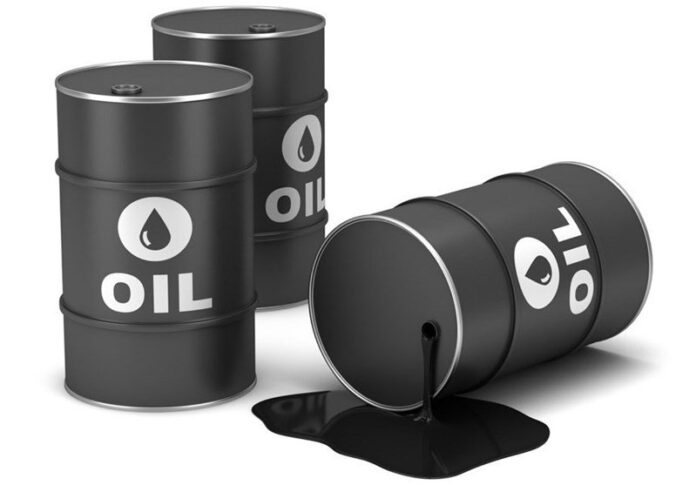Qatar has resolved to quit OPEC from January 2019 but would attend the oil exporter group’s meeting this week.
The decision meant Doha could focus on cementing its position as the world’s top liquefied natural gas (LNG) exporter.
Doha is one of the smallest oil producers in the Organization of the Petroleum Exporting Countries.
It is locked in a diplomatic dispute with the group’s de facto leader Saudi Arabia but said the move to leave OPEC was not driven by politics.
Minister of State for Energy Affairs, Saad al-Kaabi, told a news conference that Qatar would still attend the group’s meeting on Thursday and Friday this week.
Qatar, who has been a member of OPEC for 57 years, said that it would still abide by its commitments to the group.
“Qatar has decided to withdraw its membership from OPEC effective January 2019 and this decision was communicated to OPEC this morning,” the minister said.
“For me to put efforts and resources and time in an organization that we are a very small player in and I don’t have a say in what happens …
”Practically it does not work, so for us it’s better to focus on our big growth potential,” he said.
One OPEC source told Reuters the decision was more symbolic than anything else.
“They are not a big producer, but have played a big part in it’s (OPEC) history,” the source said.
Qatar has oil output of only 600,000 barrels per day (bpd), compared with the 11 million bpd produced by Saudi Arabia, the group’s biggest oil producer and world’s biggest exporter.
But Doha is an influential player in the global LNG market with annual production of 77 million tonnes per year, based on its huge reserves of the fuel in the Gulf.
Amrita Sen, chief oil analyst at consultancy Energy Aspects, said Qatar’s withdrawal “doesn’t affect OPEC’s ability to influence as Qatar was a very small player.”
OPEC and its allies, including Russia, are expected to agree on a supply cut at this week’s meeting in a bid to support crude prices that have slid almost 30 per cent since October.
Oil prices surged about 5 per cent on Monday after the United States and China agreed to a 90-day truce in their trade war, but Brent crude is still trading at around $62 a barrel, well below October’s peak of more than $86.
Al-Kaabi, who is heading Qatar’s OPEC delegation, said the decision was not political but related to the country’s long-term strategy and plans to develop its gas industry and increase LNG output to 110 million tonnes by 2024.
OPEC members, Saudi Arabia and the United Arab Emirates, and fellow Arab states Bahrain and Egypt, have imposed a political and economic boycott on Qatar since June 2017.
They are accusing Qatar of supporting terrorism. Doha denies the charges and says the boycott aims to impinge on its sovereignty.
“A lot of people will politicize it,” Al-Kaabi said.
“I assure you this purely was a decision on what’s right for Qatar long term. It’s a strategy decision.”
“We will make a big splash in the oil and gas business soon,” he said.
He said Qatar Petroleum planned to raise its production capability from 4.8 million barrels oil equivalent per day to 6.5 million barrels in the next decade.
Doha also plans to build the largest ethane cracker in the Middle East.
Qatar resolves to quits OPEC in January
RELATED ARTICLES




